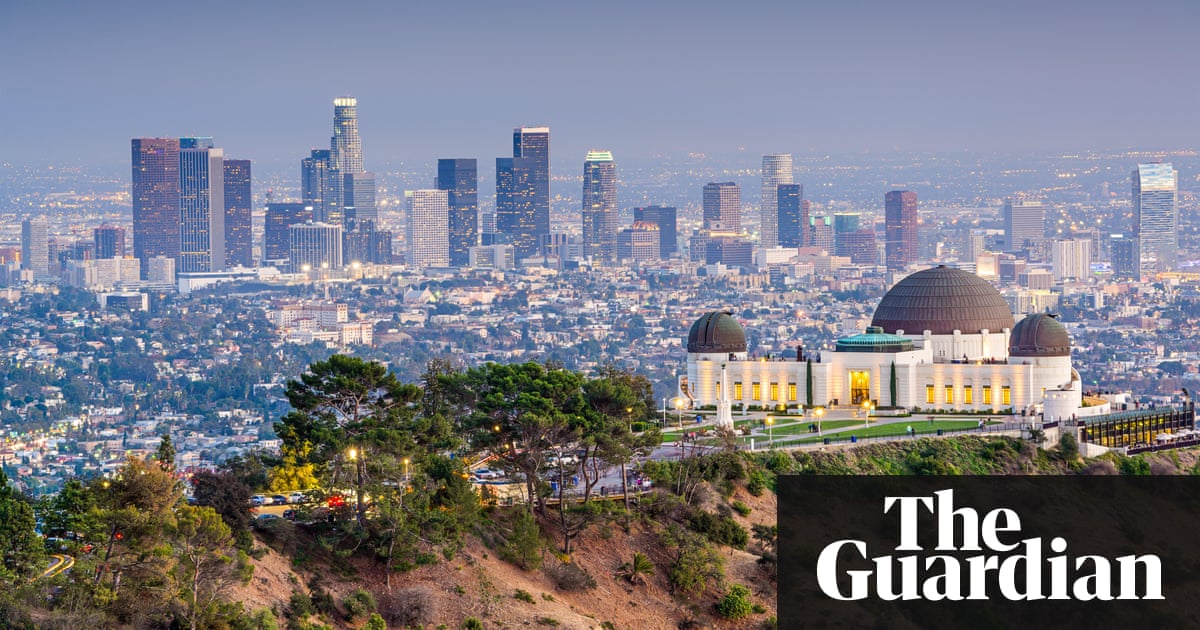
Los Angeles should not exist. The explorer John Wesley Powell warned the US Congress 140 years ago that the American west was a harsh arid land and settlements should be limited to conserve scarce water supplies. The politicians rejected his advice and launched a massive programme of dam and canal construction for irrigation and settlements.
In a gruelling expedition across North America, Powell had seen a dramatic transition from the lush green prairies in the east to the dry lands of the west, and the frontier of this transition was the 100th meridian, an invisible line of longitude passing north-south through North America.
Powell’s evaluation has proved unerringly accurate, except for one worrying aspect. The warming climate has expanded the arid lands of the west and forced the frontier to shift 140 miles (225km) eastwards from the 100th meridian since the 1980s, according to two studies in the journal Earth Interactions. As soils have turned drier, it has become more difficult to grow thirsty crops such as maize and added to the huge problems of supplying water for irrigation on western farms. As for Los Angeles and many other western cities, water supplies are becoming more precarious. Powell’s advice rings more true today than ever before.
• A panel of Weatherwatch contributors will be taking part in Freak Weather in History, at the British Library on Wednesday 2 May, at 7pm
from Environment | The Guardian https://ift.tt/2HD5qjb
via IFTTT

No comments:
Post a Comment